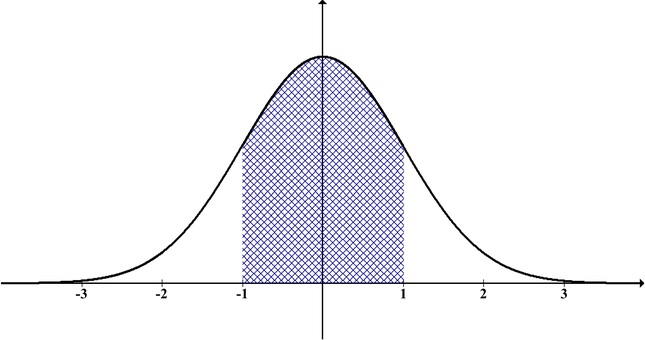「普通の」|「common」「usual」「normal」「ordinary」の違いと使い方
日本語の「普通」はありふれている意味から特別ではない「普通」まで、「普通」一語で表現が可能。英語は言葉を変えて「普通」の意味のニュアンスを表すことができる。いくつか「普通」を表す単語を覚えておきましょう。
「普通の」|「common」はありふれている「普通」
common は多くの人々の間や多方面で見られ、ありふれていて「普通」であることを表すときに使われる語。
初心者のミス。
That’s a mistake common to beginners. (それは初心者にありがちなミスです)
芸術家にときおり見られる。
The painter’s way of life went against common practice. (その画家の生き方は世間一般の常識からは外れていた)
肥満に注意。
It is now common knowledge that obesity causes various types of diseases. (太りすぎが様々な病気の原因になるというのは今や一般常識です)
※ common knowledge「一般常識」(この場合 common sense は使わない) obesity「肥満、太りすぎ」 cause「原因となる」
「普通の」|「usual」はいつものように「普通」
usual はある状況や展開が高い頻度で起こりいつものように「普通」であることを表すときに使われる語。
普段と違う日。
A busy day like this seems to go faster than usual. (こんなに忙しい日は、一日が短い)
※ go faster than usual「いつもより速く過ぎる」
違う様子。
The student is not his usual self today. (その生徒はいつもと様子が違っている)
特別な日。
She is spending more time than usual applying makeup. (彼女はいつもより念入りにお化粧をしています)
※ apply makeup「化粧する」
「普通の」|「normal」は予想通りに「普通」
normal は平均や基準から逸脱しないで予想通りに「普通」であることを表すときに使われる語。
台風の後、
The train schedule has returned to normal today. (今日は電車のダイヤが回復しました)
我が家のレシピ。
We normally buy chopped beef. (うちではたいてい細切れの牛肉を買います)
健康診断で、
The numerical reading for my liver is not normal. (肝臓の数値が正常ではありません)
※ numerical reading「数値」 liver「肝臓」
「普通の」|「ordinary」は特別でなく「普通」
ordinary は他と代り映えせず、特別ではなく「普通」であることを表すときに使われる語。
田舎を知らない都会育ちの子供。
What looked ordinary to me was something of wonder to my children. (私にとってはありふれた光景が子供達には驚きの連続でした)
歴史的博物館で、
A lot of the pictures on display show us what the lives of ordinary people were like at the beginning of the Meiji period. (展示されている多くの写真で明治初頭の庶民の生活がどのようなものだったかがしのばれます)
世の常として、
It is rather difficult to do an ordinary thing in an ordinary way. (あたりまえのことをあたりまえにやるのは簡単なことではありません)
まとめ|「普通の」「common」「usual」「normal」「ordinary」
common はありふれている「普通」
usual はいつものように「普通」
normal は予想通りに「普通」
ordinary は特別でなく「普通」











